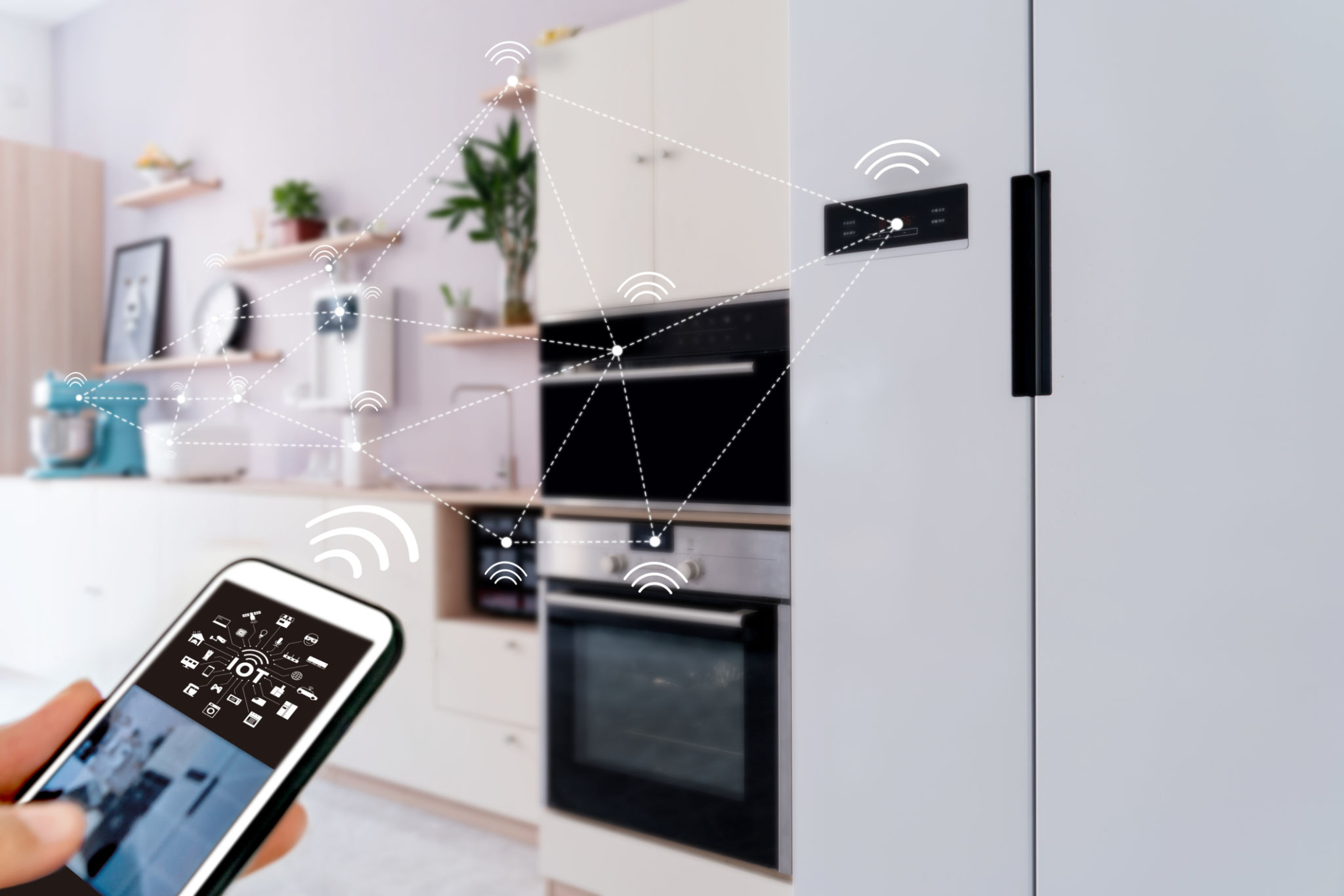Exploring the Latest Trends in Home Health Care Technology
The Rise of Telehealth Solutions
Telehealth has become one of the most significant trends in home health care technology. With the advent of high-speed internet and advanced communication tools, patients can now connect with healthcare professionals from the comfort of their homes. This convenience not only enhances patient experience but also reduces the need for unnecessary hospital visits. Telehealth services are particularly beneficial for individuals with mobility issues or those living in remote areas.
The implementation of telehealth solutions allows for real-time consultations, remote monitoring, and even virtual therapy sessions. These tools are reshaping how care is delivered, ensuring timely access to medical expertise and personalized care plans.

Wearable Health Devices
Wearable technology is another rapidly growing area in home health care. Devices like smartwatches and fitness trackers have evolved to monitor a variety of health metrics, such as heart rate, sleep patterns, and even blood oxygen levels. These devices empower individuals to take charge of their health by providing continuous monitoring and real-time data.
Healthcare providers can leverage data from wearables to make informed decisions about a patient's health. This continuous stream of information allows for early detection of potential health issues, enabling proactive management and treatment.
Smart Home Integration
Smart home technology is making its way into the healthcare sector, offering innovative ways to assist patients in their daily lives. From smart pill dispensers that remind patients to take their medication to voice-activated assistants that can call for help in case of an emergency, these technologies enhance safety and independence at home.
Furthermore, smart home systems can be integrated with health monitoring devices to create a seamless and supportive environment for patients. This integration helps in managing chronic conditions and improving overall quality of life.

Artificial Intelligence in Health Care
Artificial intelligence (AI) is transforming how healthcare services are delivered. In home health care, AI-powered applications are used for predictive analytics, providing insights into a patient's health trajectory and identifying potential risks before they become critical.
Additionally, AI is being used to develop personalized treatment plans by analyzing large datasets from various sources. This level of customization ensures that patients receive care that is specifically tailored to their needs, enhancing treatment outcomes significantly.
Robotics and Automation
Robotics and automation are ushering in a new era of efficiency and support in home health care. Robotic assistants can help with routine tasks such as cleaning or meal preparation, allowing caregivers to focus more on direct patient care.
Moreover, automated systems can facilitate medication management and provide regular updates to healthcare providers, ensuring that patients adhere to their prescribed treatment regimens.

The Future of Home Health Care Technology
The integration of these technologies into home health care is just the beginning. As technology continues to evolve, we can expect even more innovative solutions that will further enhance patient care and improve health outcomes. The future holds the promise of more interconnected systems, improved data security, and even more personalized care experiences.
While challenges such as data privacy and technology accessibility remain, the potential benefits far outweigh the hurdles. By staying informed about the latest trends and advancements, healthcare providers, patients, and caregivers can make the most of what these technologies have to offer.